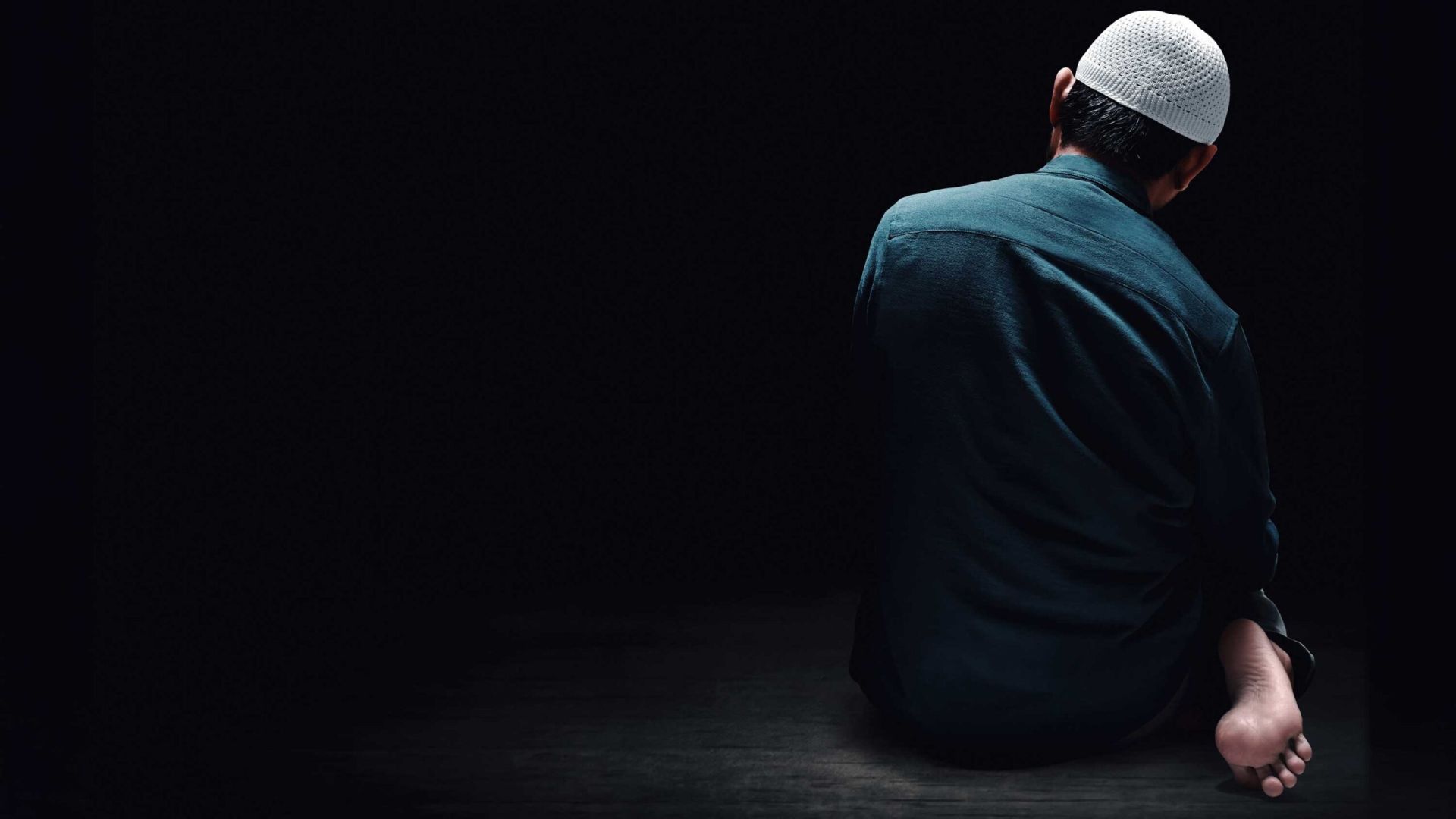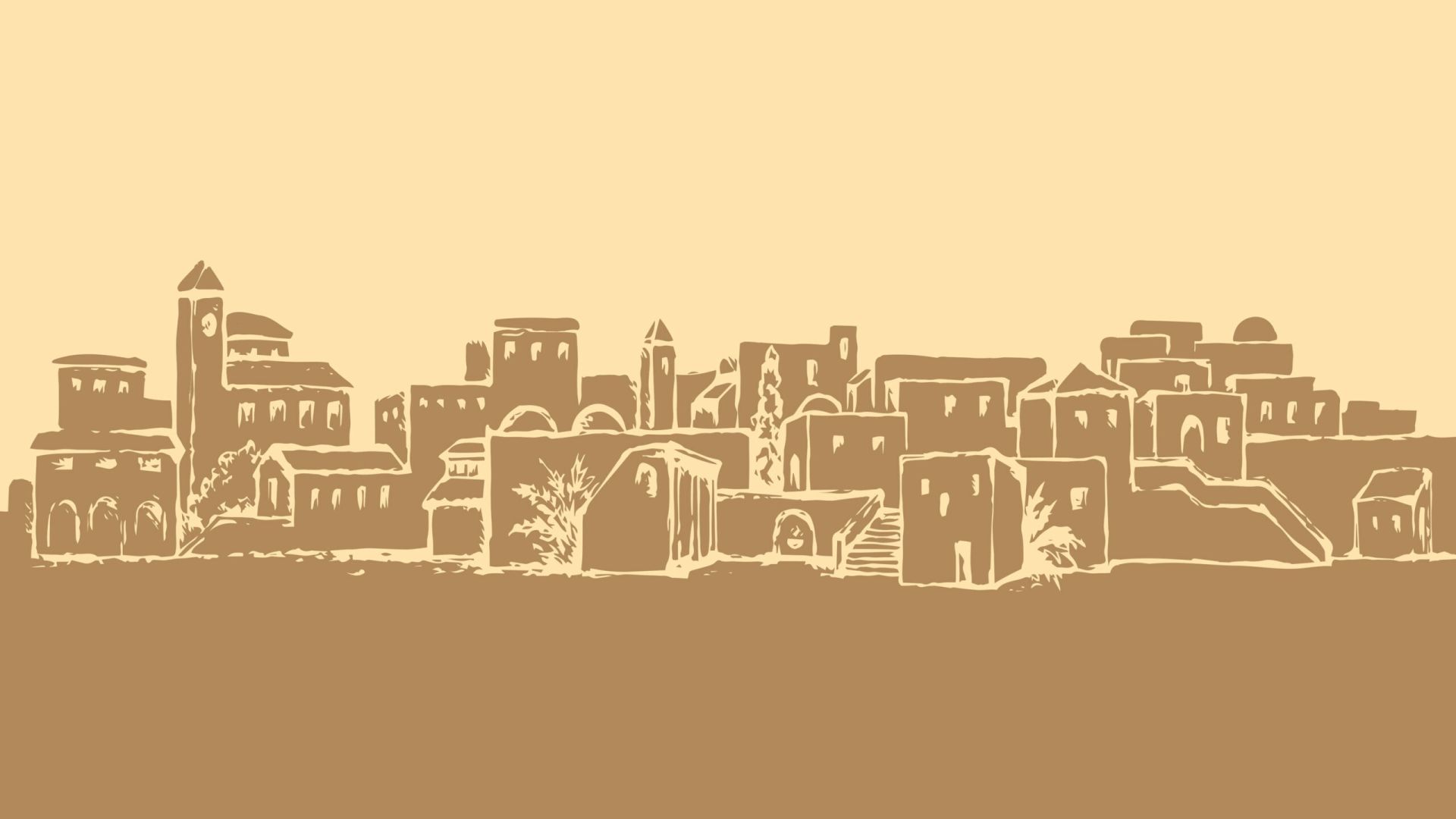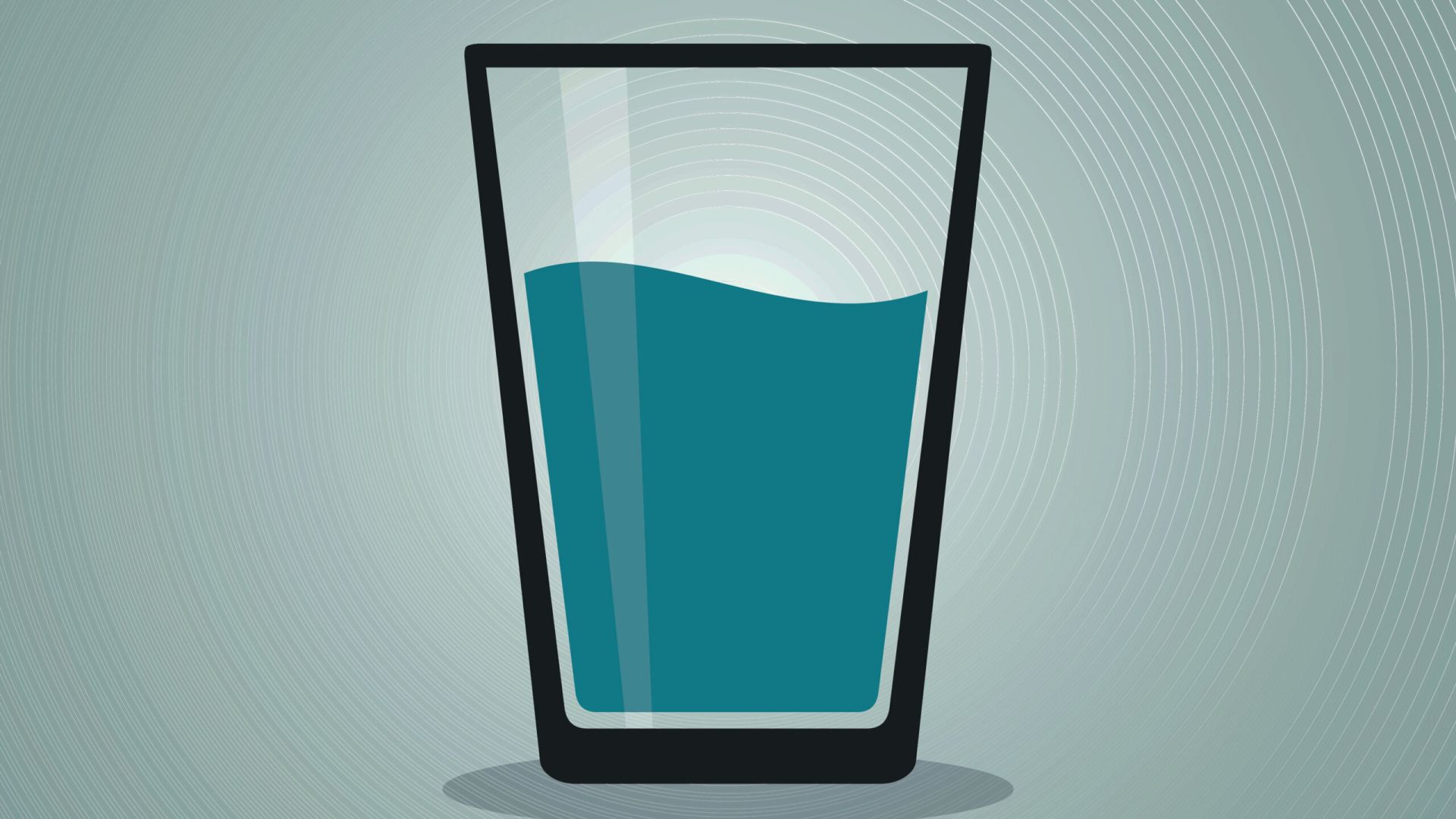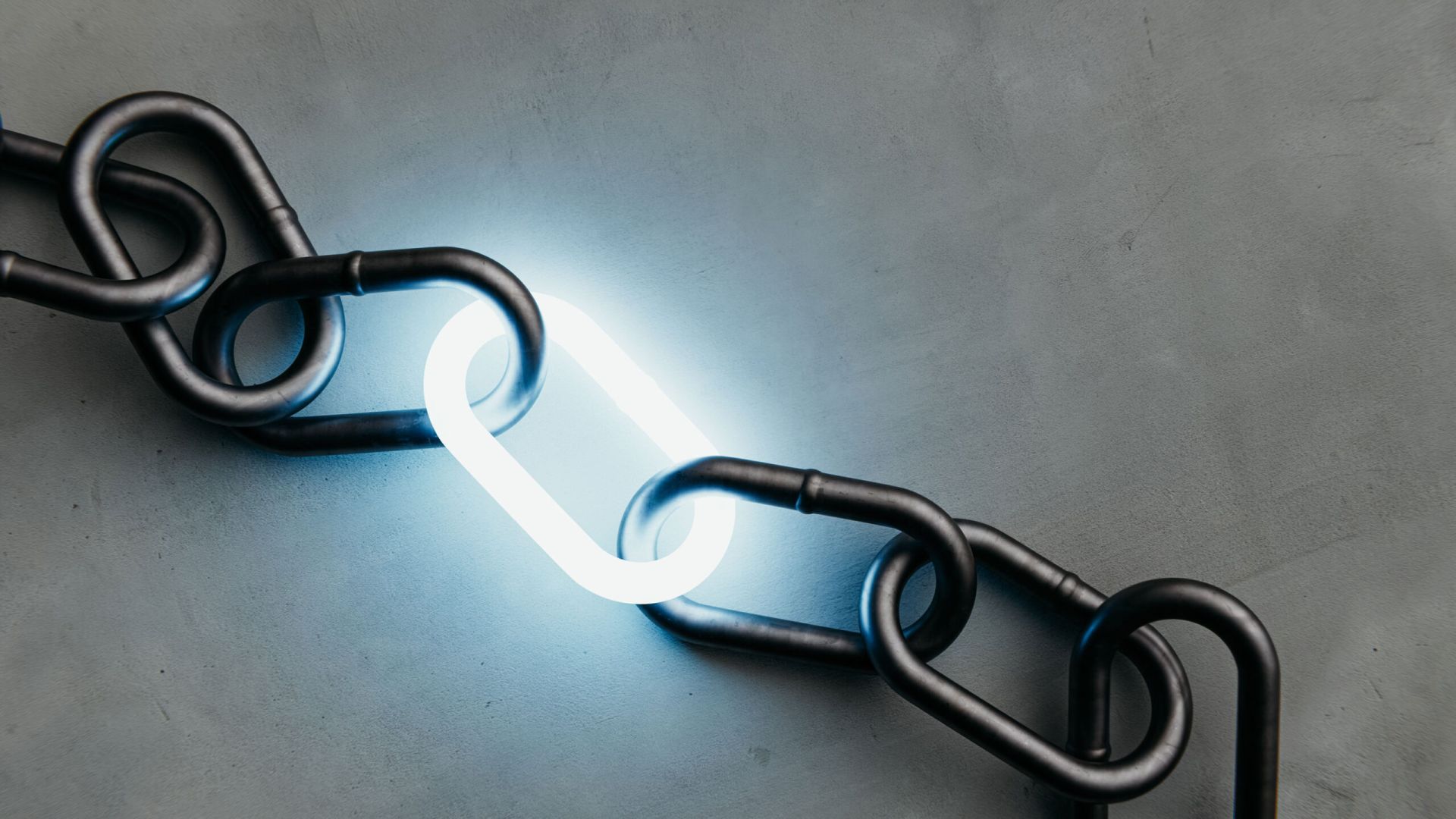Rulings on Averting One’s Gaze in Ṣalāh
Imām Muḥammad ibn Ṣāliḥ al-ʿUthaymīn
Rulings on Averting One’s Gaze in Ṣalāh
Imām Muḥammad ibn Ṣāliḥ al-ʿUthaymīn
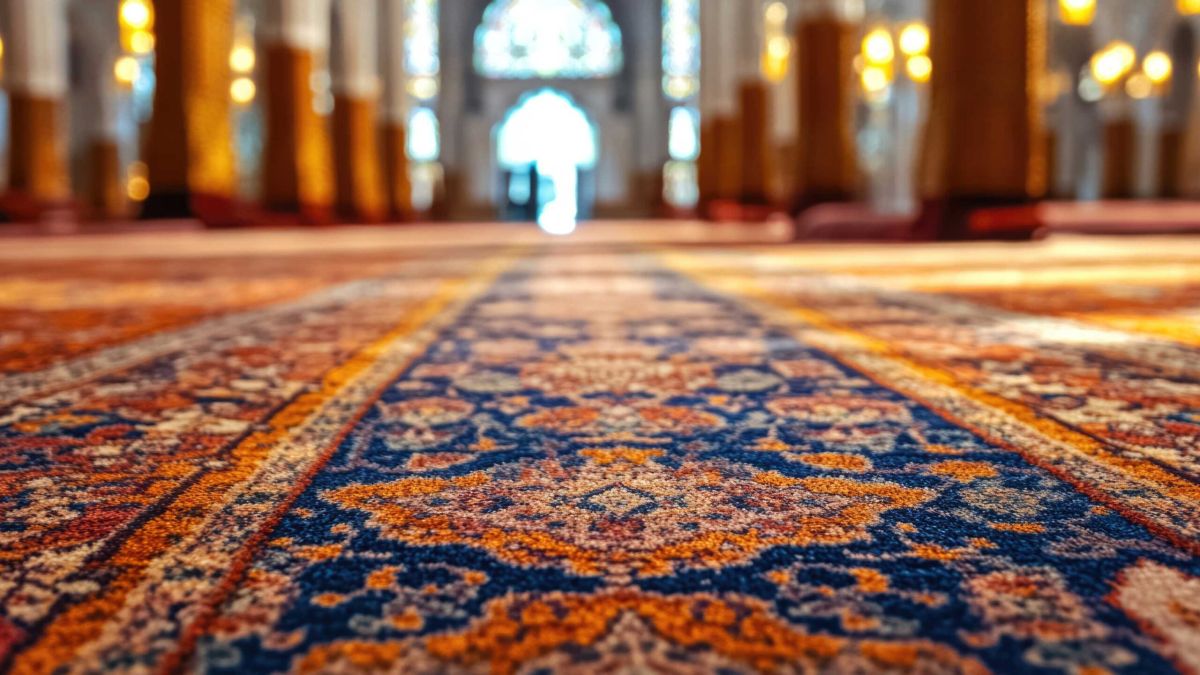

Averting One’s Gaze from the Point of Prostration
Whilst praying, it is disliked for one to turn away from the ṣalāh. The Prophet (صلى الله عليه وسلم) was once asked concerning this and replied: “It is an embezzlement that Shayṭān embezzles from the ṣalāh of the servant.”1 That is, an unlawful seizure or a form of stealing, with which Shayṭān is able to embezzle from the ṣalāh of the servant. Anas ibn Mālik (رضي الله عنه) said: “My son! I caution you from turning away whilst praying. For such averting of one’s gaze destroys the ṣalāh. If you must, then at least confine it to the supererogatory prayers and not the obligatory ones”.2 This is because turning away in ṣalāh represents a form of inexcusable movement and the fundamental state of all such movements is karāhah (dislike). Also, the person who averts his gaze whilst praying has, in actuality, turned away from Allāh—the Exalted in Majesty. As, when a person stands to pray, Allāh is in the direction that he faces.3 For this reason, it is impermissible for one to spit in the forward direction whilst praying as it represents a form of rude, wretched behaviour towards Allāh.
If, however, there is a legitimate reason behind the averting of one’s gaze during ṣalāh, then it is considered permissible. An example of a legitimate reason would be when the Prophet (صلى الله عليه وسلم) sent a spy during the Battle of Ḥunayn to notify him of the enemies movements, he (صلى الله عليه وسلم) would pray and turn to al-Shiʿb which was in the direction he expected the spy to return from.4 The Prophet (صلى الله عليه وسلم) also commanded the victim of Shayṭān’s whisperings, who aimed to distract and detract him from his ṣalāh, to turn to his left side and blow out air thrice [resembling spitting], then to seek refuge in Allāh from Shayṭān, the outcast.5 However, these are forms of turning away for a legitimate purpose.
Also among the legitimate reasons, for example, is if a woman was to avert her gaze to her infant whilst praying out of fear that he may harm himself. This represents a clear need, a slight, necessary movement, so it is considered permissible. Overall, there are two types of turning away in ṣalāh:
- Literally: turning one’s head
- Figuratively: turning away from the ṣalāh with one’s heart by means of distraction in the form of whisperings from Shayṭān and the entertaining of external thoughts.
As for turning away with one’s body, we have already discussed its ruling. Turning away with one’s heart is a sickness that almost every single person has been afflicted with—for how difficult it is to cure! How few are those completely unaffected by it! Such turning away renders one’s ṣalāh deficient. If it could only have been an ineffectual, temporary turning! Rather, it is a form of turning away from the ṣalāh that extends from its start to its conclusion, fully reminiscent of a form of embezzlement that Shayṭan manages to embezzle from the ṣalāh of the servant. The Prophet (صلى الله عليه وسلم) once replied to a man that had complained to him concerning his distracted state during ṣalāh: “That is a Shayṭān named Khinzab. If you perceive him, then blow out air on your left side thrice and seek refuge in Allāh from him”.6
Raising One’s Gaze in Ṣalāh
It is similarly disliked for one to raise his gaze upwards when performing ṣalāh, regardless of whether he is reciting Qurʾān or in rukūʿ, or when rising from it, or any other position in ṣalāh. This may be proven both with evidence from the Sunnah and intellectually:
Evidence from the Sunnah
The Prophet (صلى الله عليه وسلم) said: “The people shall indeed cease the raising of their gazes towards the sky during ṣalāh or they shall be deprived of their sight”.7 That is, either they cease raising their gaze or they shall be afflicted with the punishment of being irrevocably deprived of the ability to see. This statement of the Prophet (صلى الله عليه وسلم) is harsh, more severe than the ruling of mere karāhah (dislike). Rather, this ḥadīth would stipulate that such raising of one’s gaze during ṣalāh is outright ḥarām. As the Prophet (صلى الله عليه وسلم) severely cautioned the people in his warning, then mentioned the possible resulting punishment of this violation which is the irrevocable seizure of one’s sight. It is well-known that warning against the perpetration of an action by mentioning its resultant punishment acts as an indication that the act in question is ḥarām. Just as we have previously said regarding the statement of the Prophet (صلى الله عليه وسلم): “Does the one who raises his head before him imām not fear that Allāh shall transform his head into that of a donkey, or change his countenance to that of a donkey?”8 This ḥadīth proves that preceding the imām in the movements of ṣalāh is ḥarām. Similarly, his (صلى الله عليه وسلم) statement: “You shall indeed straighten your rows or Allāh shall allow division to occur in your hearts”9 provides evidence for the correct opinion which is that straightening the rows is considered an obligation. The aforementioned ḥadīth that threatens the irrevocable seizing of one’s sight is not, in any way, less severe or harsh than the other aḥādīth mentioned here from which a ruling of impermissibility was derived. Rather, the complete loss of one’s sight may be considered even more severe than these other ḥadīth.
Logical Reasoning
Raising one’s gaze to the sky represents a form of insolence before Allāh—the High—as the praying person is standing before Allāh in ṣalāh. Therefore, it is most appropriate that he adopts an air of respect and humbleness by never raising his head. Regarding this, ʿAmr ibn al-ʿĀṣ used to remember the intense hatred he had harboured for the Prophet (صلى الله عليه وسلم) before he accepted Islām. To the extent that he remembered longing to be the one to assassinate him (صلى الله عليه وسلم). After he (رضي الله عنه) embraced Islām, he said: “I am unable to look directly at him out of the intense respect and veneration I now possess towards him, such that if you were to ask me to describe him, I would not be able to do so”.10
For these reasons, the correct opinion is that raising one’s gaze during ṣalāh to the sky is ḥarām, not merely makrūh (disliked).
[Q]: According to this opinion, if raising one’s gaze in ṣalāh is ḥarām and a person was to do so, would such an action invalidate his ṣalāh?
[A]: There is a difference of opinion among the scholars in this issue. Those who claim that such an action invalidates the ṣalāh evidence their stance with the following:
- The person would have perpetrated that which is forbidden whilst performing an act of worship and, in doing so, would have invalidated his worship. This may be analogised with the one who intentionally speaks to another while praying, or intentionally eats and drinks while fasting, both of which would negate that ṣalāh and that fast.
- This person would have, in essence, turned away from the direction of the qiblah. This is because the raising of one’s head to the sky necessitates that only his body faces the qiblah and not his face.
Although—in my opinion—the act of raising one’s head in ṣalāh is not sufficient to completely invalidate the ṣalāh. I answer the two aforementioned reasonings with the following:
- As for the reasoning that this person would have turned away from the qiblah, this is negated by the fact that the one who turns away from the qiblah to his right or left has similarly turned away from the direction of the qiblah. Despite this, his ṣalāh is not invalidated because of it [even if he possesses no valid excuse].
- As for the reasoning that he has perpetrated that which is forbidden during the performance of an act of worship, this reasoning is undoubtedly quite formidable. However, I feel uneasy commanding a person who raises his gaze to the sky to perform his entire ṣalāh again. Rather, we say: Your ṣalāh is in danger because of this and you are definitely sinful because of it [without deigning to say more].
Considering the aforementioned, it is incumbent upon all the students of Islamic knowledge who observe people raising their gaze upwards while praying to teach them that such an act is ḥarām. For I have seen a plethora of people raise their gazes upwards during ṣalāh, particularly when they return to the standing position from rukūʿ. Thus, I caution all of you from this.
Closing One’s Eyes in Ṣalāh
It is also disliked for one to close their eyes when performing ṣalāh. The wisdom behind this is that such shutting of one’s eyes is among the practices of the Jews when they pray, and we have been expressly forbidden from ever seeking resemblance to the disbelievers from among the Jews and those besides them. This is especially relevant to our religious rites because the rites they observe have been wholly and completely abrogated by the legislations brought by Muḥammad (صلى الله عليه وسلم). Thus, it is impermissible for us to ever show resemblance to them, particularly in our acts of worship and other than that.
Many people claim that closing their eyes in ṣalāh imbues them with a greater sense of concentration and humility when praying. This sentiment is completely from Shayṭān. He allows these people to feel a greater sense of humility [by not whispering to them or reminding them of worldly affairs] whilst their eyes are shut just so that they resort to the perpetration of this disliked habit. If they were to, instead, seek to cure themselves by keeping their eyes open and endeavouring to have humility and concentration honestly, it would be better for them.
The exception to this would be if, while praying, a person is subjected to a distraction that is immediately before them such that they are unable to open their eyes while praying because of it. In such a circumstance, it is permissible for this person to close their eyes but only proportional to their need and the situation. In the absence of such a distraction, shutting one’s eyes is makrūk (disliked). So do not allow yourselves to be deceived by Shayṭān who incites you towards it under the guise that such an act lends itself to a greater sense of humility and concentration.
Endnotes:
[1] Authentic: narrated by al-Bukhārī: 751.
[2] Weak: narrated by al-Tirmidhī: 589 and graded weak by Shaykh al-Albānī in Ḍaʿīf al-Jāmiʿ: 6389 and Ibn al-Qayyim in Zād al-Maʿād 1:248.
[3] Authentic: narrated by al-Bukhārī: 406.
[4] Authentic: narrated by Abū Dāwūd: 916 and graded authentic by Shaykh al-Albānī in Irwāʾ al-Ghalīl: 371.
[5] Authentic: narrated by Muslim: 2203.
[6] Authentic: narrated by Muslim: 2203.
[7] Authentic: narrated by al-Nasāʾī: 1276 and graded authentic by Shaykh al-Albānī in Ṣaḥīḥ Sunan al-Nasāʾī: 1210.
[8] Authentic: narrated by Muslim: 427.
[9] Authentic: narrated by al-Bukhārī: 717 and Muslim: 436.
[10] Authentic: narrated by Muslim: 192.
Source: Al-Sharḥ al-Mumtiʿ 3: 224-29
Translated by: Riyāḍ al-Kanadī
Most Popular: Last 30 Days

Everyone’s Speech Is Subject to Acceptance or Rejection Except the Prophet (ﷺ)

The Beautiful Names of Allāh: How to Practice What They Entail in Our Lives






